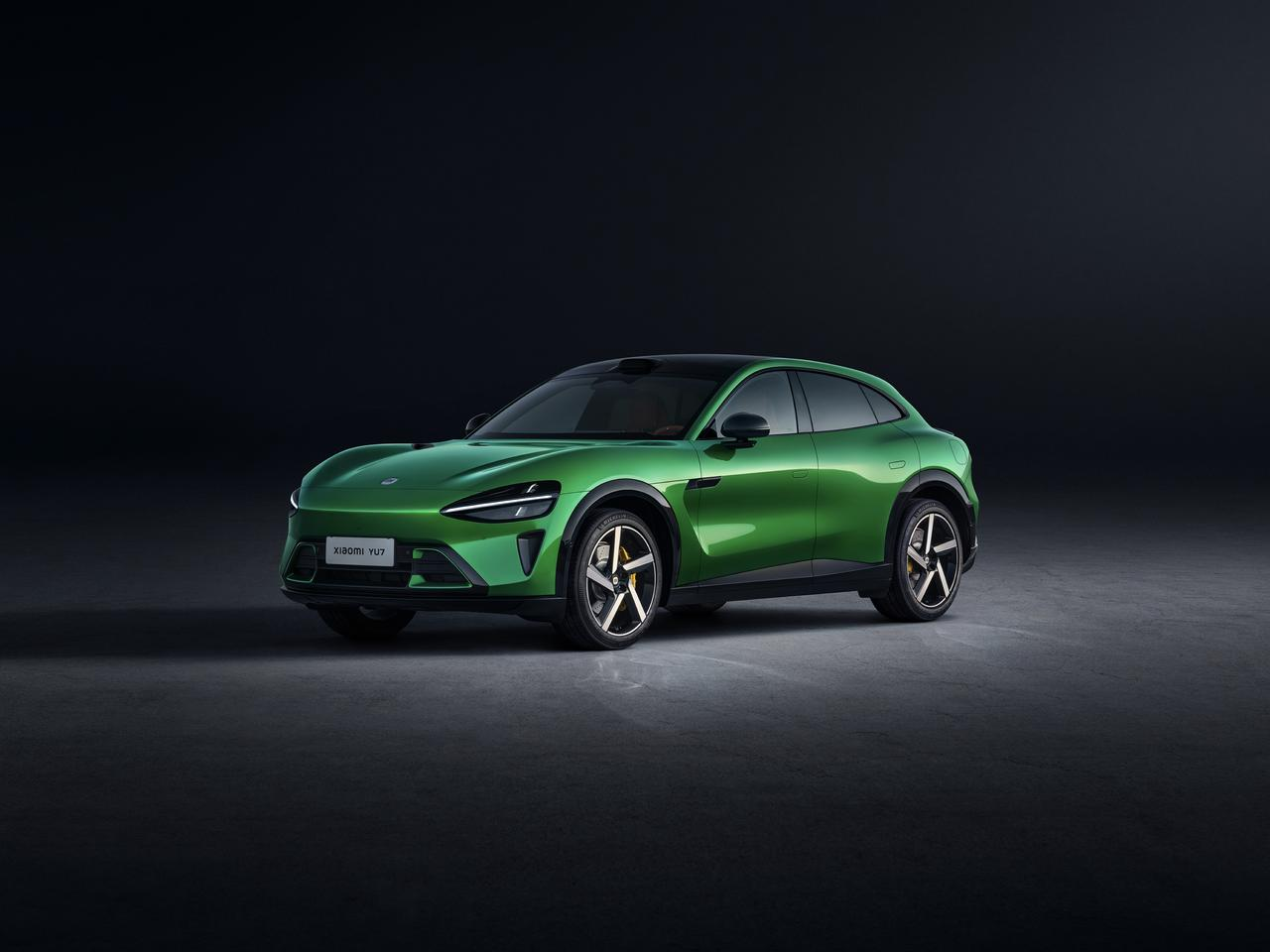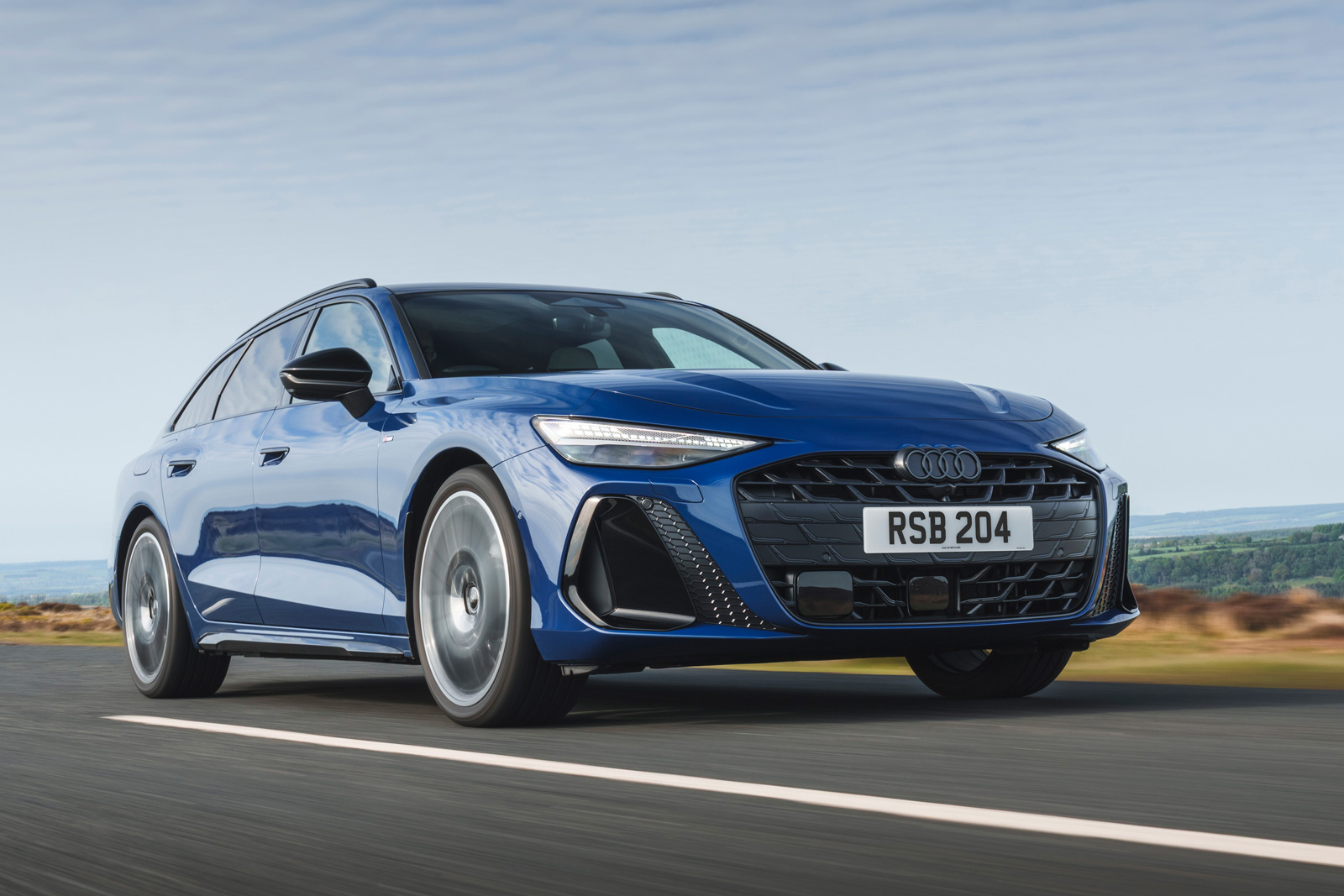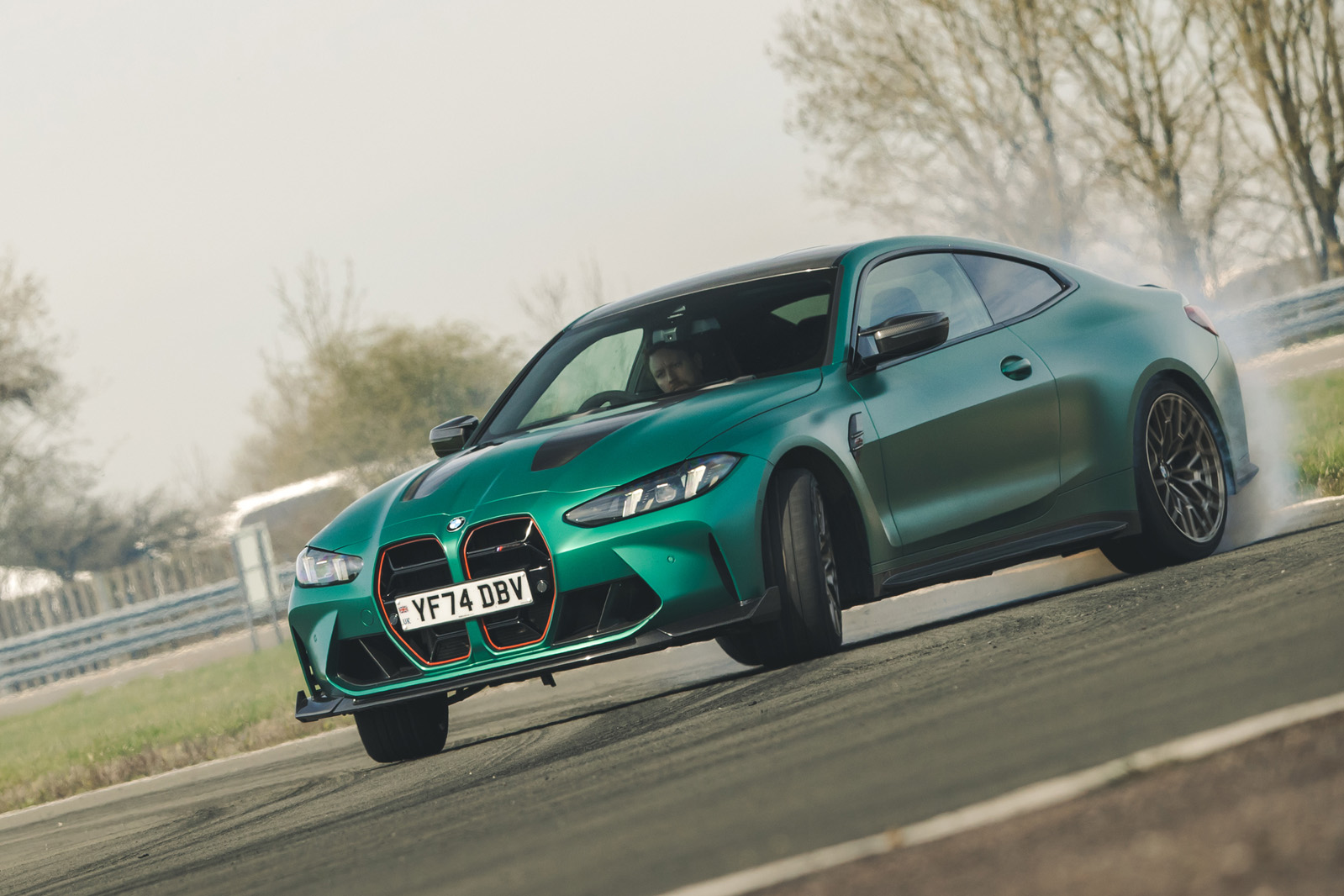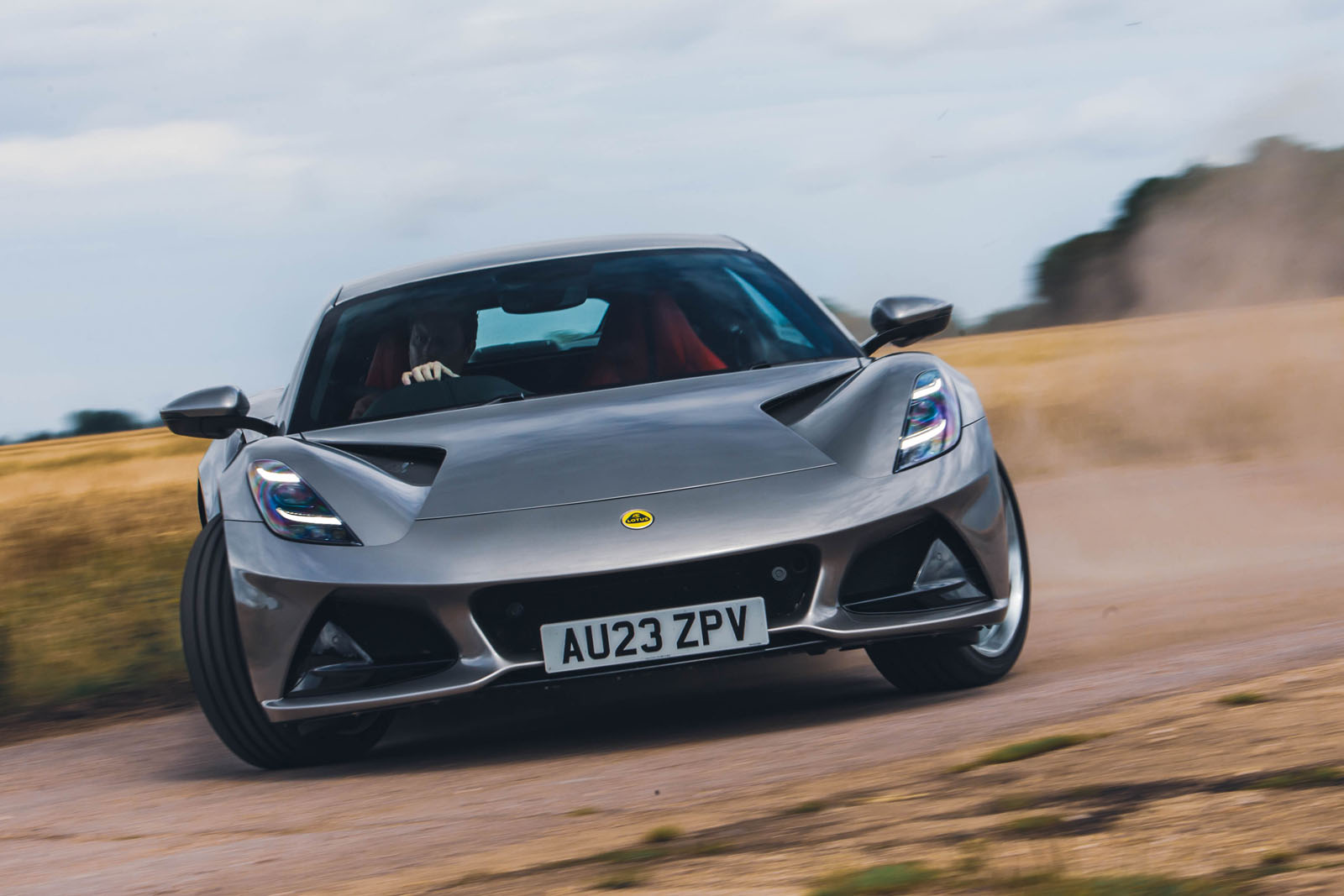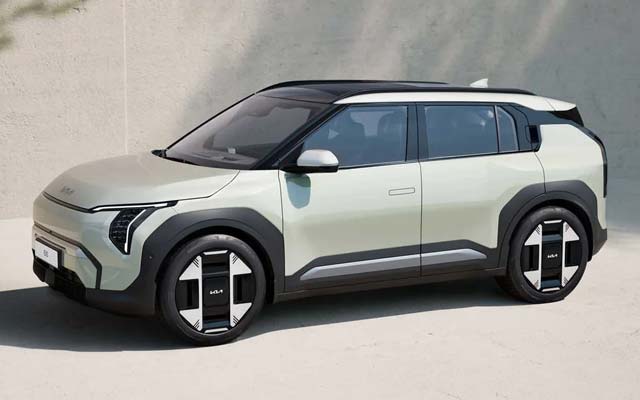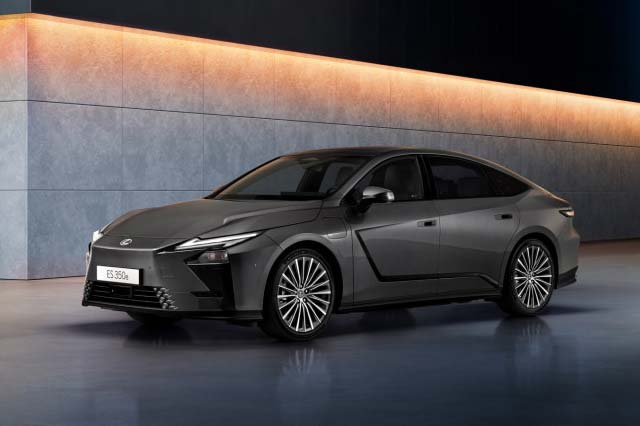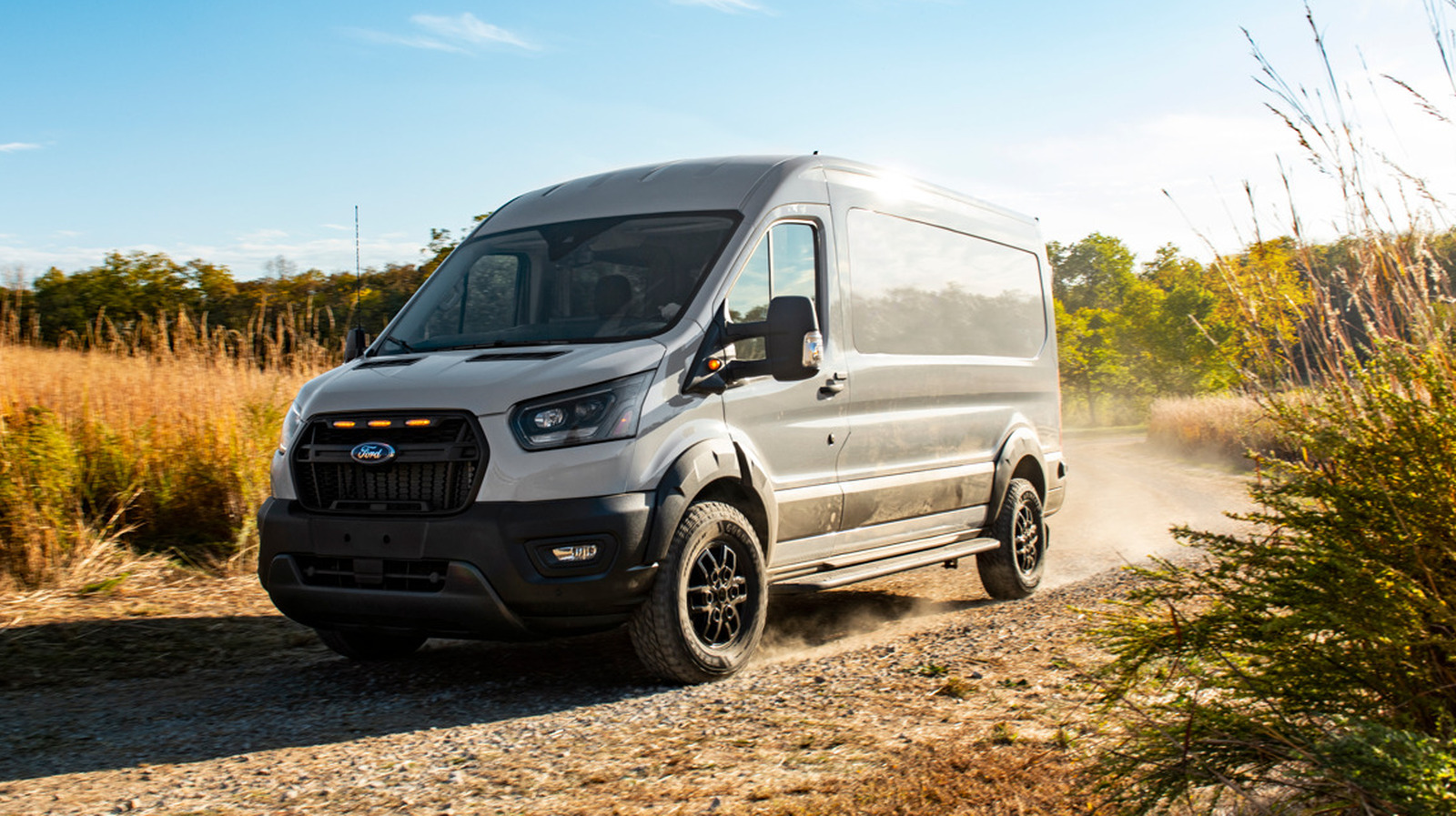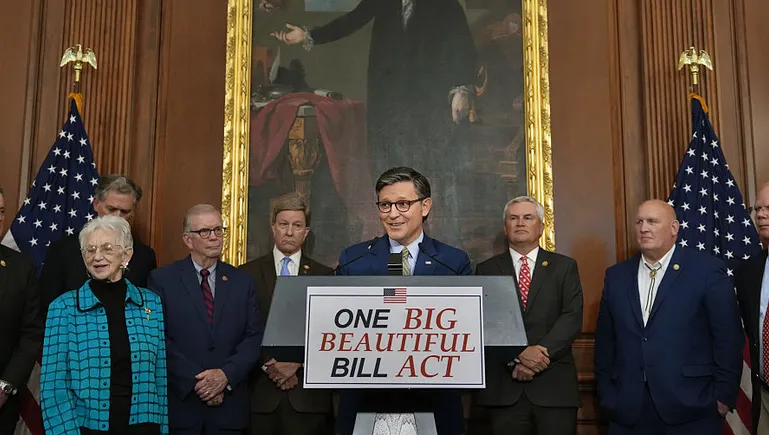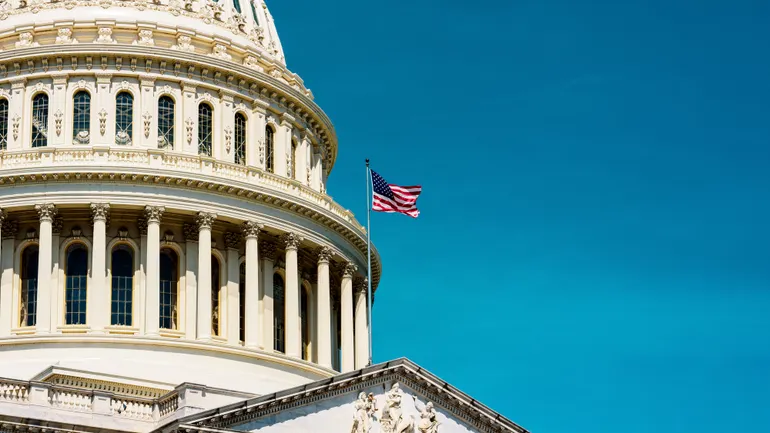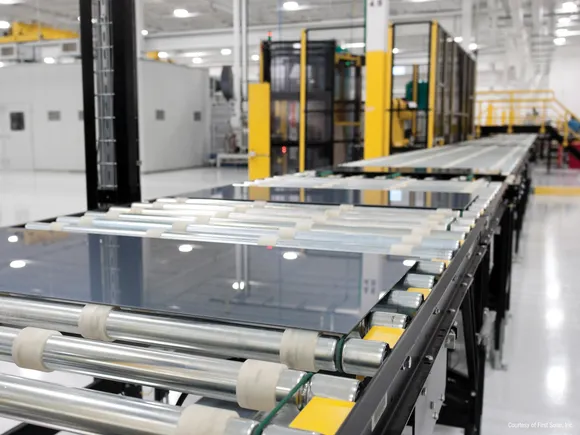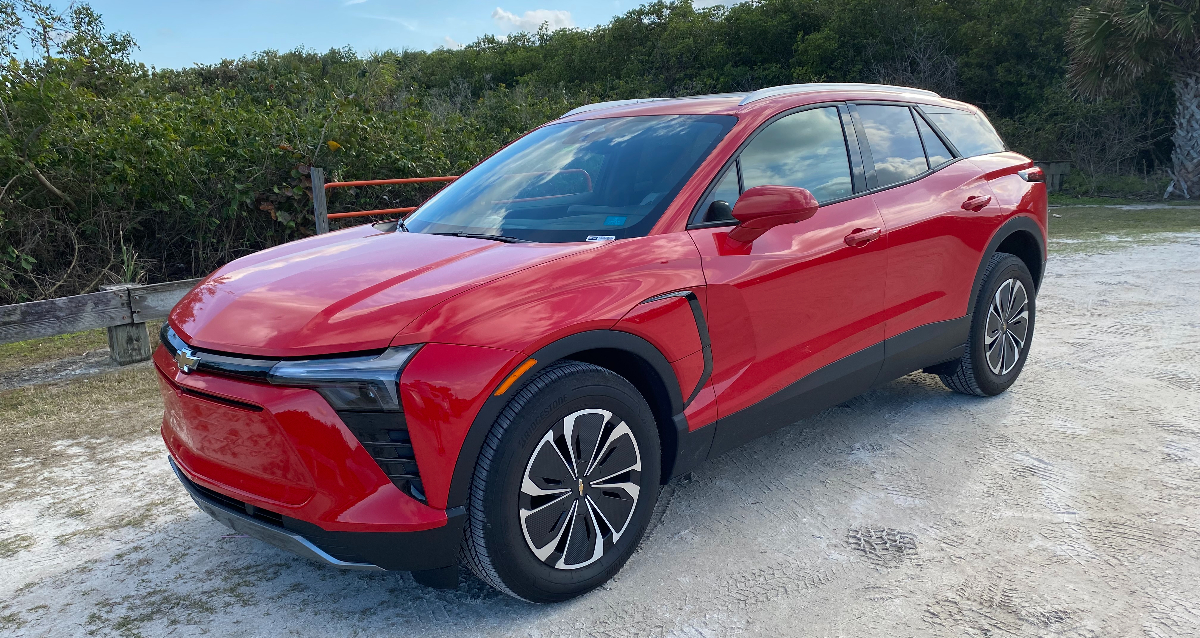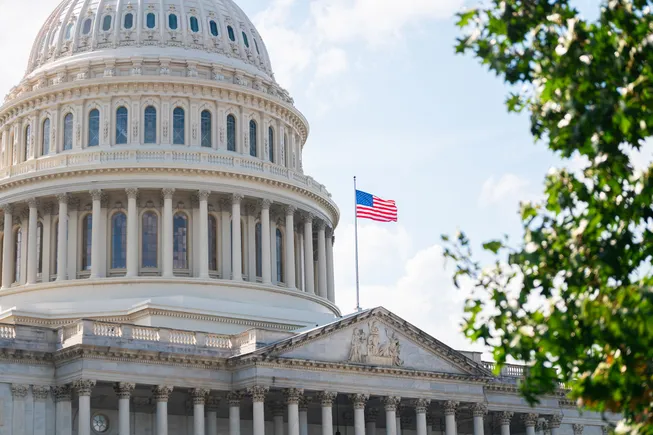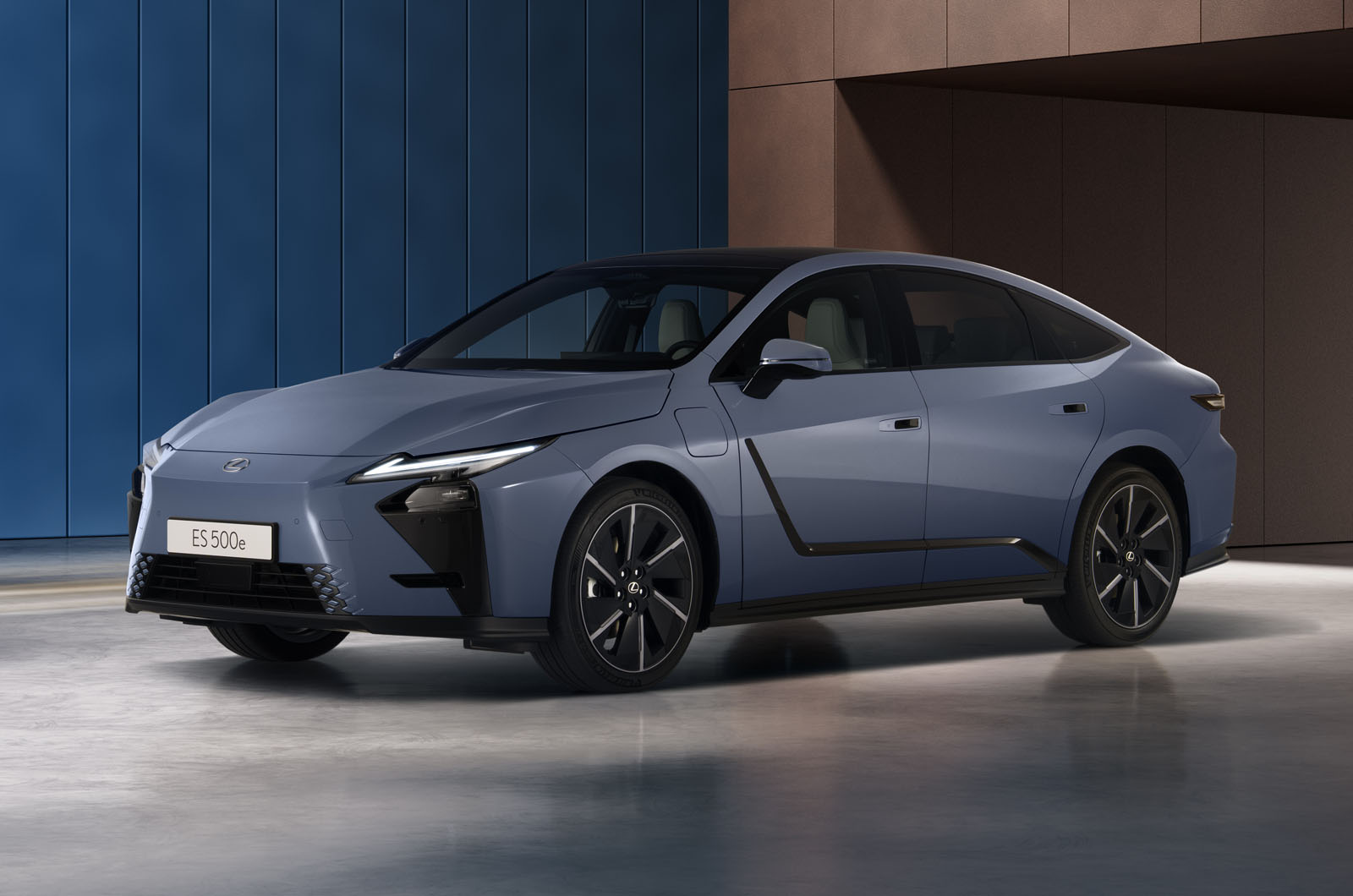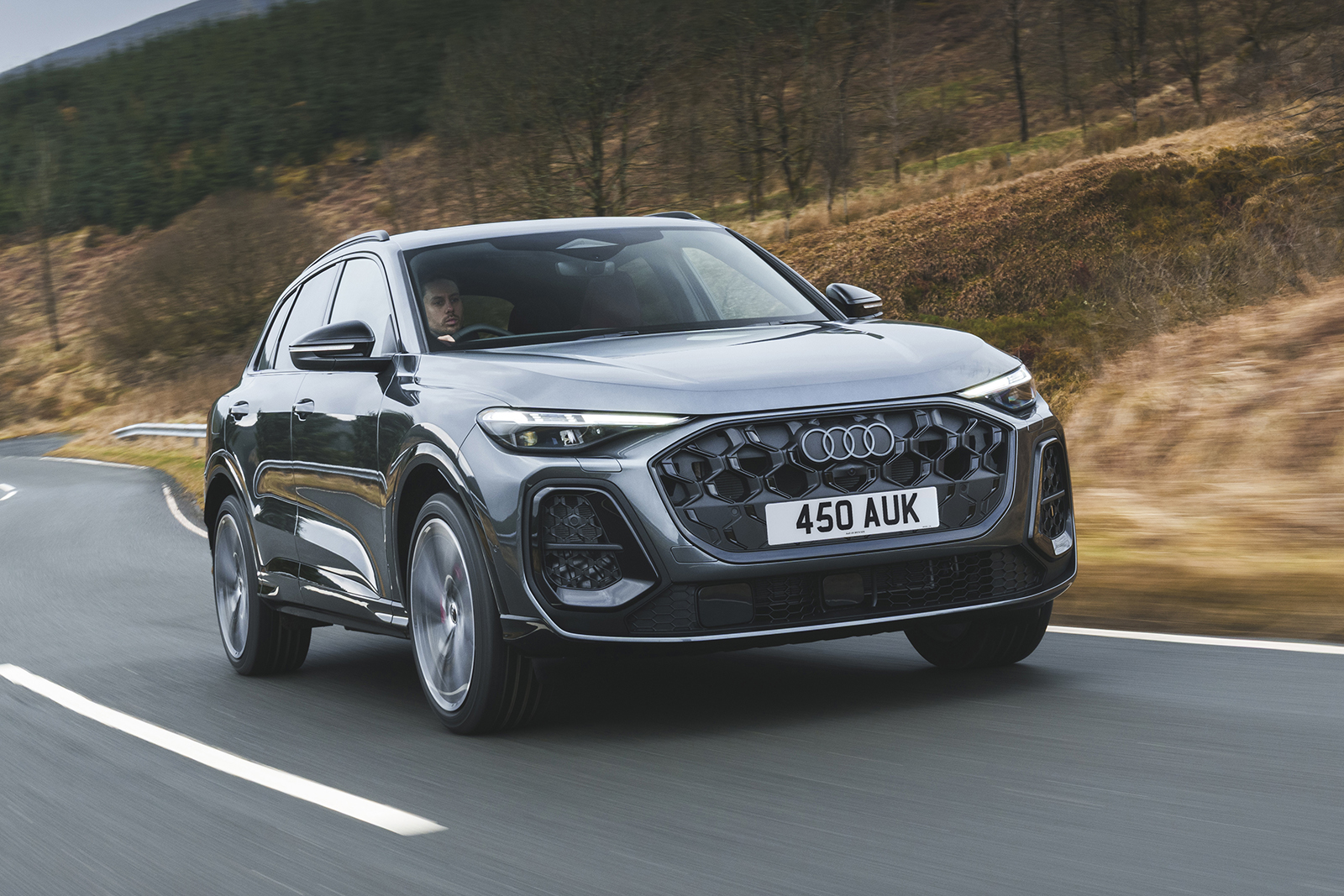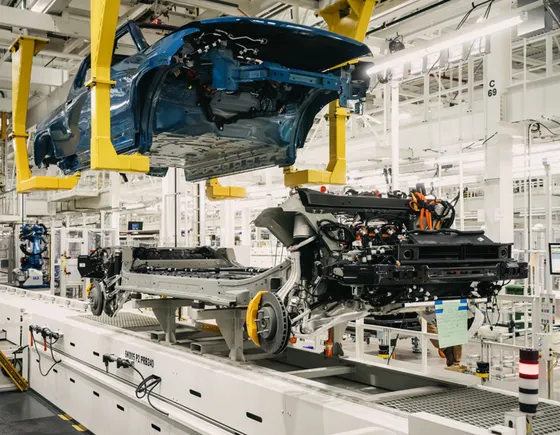UK government set to raise £40k 'luxury car tax' threshold for EVs
All cars costing more than £40k are charged the Expensive Car Supplement, but the average EV costs around £50k The UK government is considering raising the 'luxury car tax' threshold for electric cars in a bid to drive uptake. Currently, the Expensive Car Supplement (ECS) applies to all cars – including EVs as of 1 April 2025 – priced above £40,000, adding £425 annually in additional vehicle excise duty (VED) from years two to six after purchase. In conjunction with the standard annual VED rate of £195 (applicable to EVs from year two), that means £40,000-plus cars attract a tax bill of £3100 in the first six years. With the average EV costing well over £40,000 (various sources put it at around £10,000 more than that), there has been criticism that the scheme is at odds with the government's zero-emission vehicle (ZEV) mandate, under which manufacturers must achieve a 28% EV sales mix this year, rising to 80% in 2030. In April, EVs accounted for just 20.4% of new car registrations - behind even last year's ZEV mandate target of 22% – and they currently account for just 10.7% of private car sales, prompting calls for the government to incentivise retail car buyers to switch to EVs. Stellantis UK boss Eurig Druce told Autocar: “We’d like to see a review of this new taxation, with a raised threshold, so that UK drivers have fewer barriers in order to make the switch to electric cars." And Ford slammed the government's decision to impose VED on EVs at a time when it's also penalising manufacturers for not selling enough, saying: "Introducing VED for EVs from April risks slowing adoption at a crucial time for the industry." Now, though, the government has given the first indication that it is considering an adjustment to the ECS scheme, which could result in dramatically reduced VED costs for a large number of EVs currently on sale in the UK. Minister for the future of roads Lilian Greenwood wrote in a letter sent to a local MP and seen by Autocar that measures were being considered to make it easier for the mandated sales mixes to be achieved in the coming years. "As announced at Autumn Budget 2024, the Government recognises the disproportionate impact of the current VED Expensive Car Supplement threshold for those purchasing zero emission cars from 1 April 2025," she wrote. "We will consider raising the threshold for zero-emission cars only at a future fiscal event to make it easier to buy electric cars." Greenwood offered no details of when that 'fiscal event' would be, but the Autumn Budget is expected to be announced in October. Autocar has contacted the Department for Transport (DfT) for further comment. EV sales surged in the run-up to 1 April 2025, when EVs became subject to the ECS, recording a massive 41.7% year-on-year uptick to claim a 25.3% market share. The following month, despite manufacturers trimming the price of various electric models below £40,000 to swerve the ECS, EVs' market share dropped to 20.4%. A wave of more affordable electric cars – from Stellantis, the Volkswagen Group and Renault, among others – are due to arrive on the market in the next two years, but EVs remain broadly significantly more expensive than ICE equivalents due to the much higher cost of batteries compared with engines. The BMW i4 saloon, for example, starts at £51,280 in the UK, compared with £41,875 for the cheapest 3 Series saloon. The new Volkswagen ID 7 Tourer similarly starts at £51,795 while the same-sized Passat estate costs £39,840. These disparities in price between equivalent EV and ICE models are cited as a significant inhibitor of EV uptake - particularly among retail buyers, as the benefit-in-kind (BIK) tax advantages for fleet buyers greatly reduce the premium. The government recently tweaked the framework of the ZEV mandate, in consultation with manufacturers, to make the goals more achievable. It confirmed that hybrid cars can remain on sale post-2030 and simplified the emissions credits trading scheme – but the ECS threshold wasn't among the changes.
The UK government is considering raising the 'luxury car tax' threshold for electric cars in a bid to drive uptake.
Currently, the Expensive Car Supplement (ECS) applies to all cars – including EVs as of 1 April 2025 – priced above £40,000, adding £425 annually in additional vehicle excise duty (VED) from years two to six after purchase.
In conjunction with the standard annual VED rate of £195 (applicable to EVs from year two), that means £40,000-plus cars attract a tax bill of £3100 in the first six years.
With the average EV costing well over £40,000 (various sources put it at around £10,000 more than that), there has been criticism that the scheme is at odds with the government's zero-emission vehicle (ZEV) mandate, under which manufacturers must achieve a 28% EV sales mix this year, rising to 80% in 2030.
In April, EVs accounted for just 20.4% of new car registrations - behind even last year's ZEV mandate target of 22% – and they currently account for just 10.7% of private car sales, prompting calls for the government to incentivise retail car buyers to switch to EVs.
Stellantis UK boss Eurig Druce told Autocar: “We’d like to see a review of this new taxation, with a raised threshold, so that UK drivers have fewer barriers in order to make the switch to electric cars."
And Ford slammed the government's decision to impose VED on EVs at a time when it's also penalising manufacturers for not selling enough, saying: "Introducing VED for EVs from April risks slowing adoption at a crucial time for the industry."
Now, though, the government has given the first indication that it is considering an adjustment to the ECS scheme, which could result in dramatically reduced VED costs for a large number of EVs currently on sale in the UK.
Minister for the future of roads Lilian Greenwood wrote in a letter sent to a local MP and seen by Autocar that measures were being considered to make it easier for the mandated sales mixes to be achieved in the coming years.
"As announced at Autumn Budget 2024, the Government recognises the disproportionate impact of the current VED Expensive Car Supplement threshold for those purchasing zero emission cars from 1 April 2025," she wrote.
"We will consider raising the threshold for zero-emission cars only at a future fiscal event to make it easier to buy electric cars."
Greenwood offered no details of when that 'fiscal event' would be, but the Autumn Budget is expected to be announced in October.
Autocar has contacted the Department for Transport (DfT) for further comment.
EV sales surged in the run-up to 1 April 2025, when EVs became subject to the ECS, recording a massive 41.7% year-on-year uptick to claim a 25.3% market share.
The following month, despite manufacturers trimming the price of various electric models below £40,000 to swerve the ECS, EVs' market share dropped to 20.4%.
A wave of more affordable electric cars – from Stellantis, the Volkswagen Group and Renault, among others – are due to arrive on the market in the next two years, but EVs remain broadly significantly more expensive than ICE equivalents due to the much higher cost of batteries compared with engines.
The BMW i4 saloon, for example, starts at £51,280 in the UK, compared with £41,875 for the cheapest 3 Series saloon. The new Volkswagen ID 7 Tourer similarly starts at £51,795 while the same-sized Passat estate costs £39,840.
These disparities in price between equivalent EV and ICE models are cited as a significant inhibitor of EV uptake - particularly among retail buyers, as the benefit-in-kind (BIK) tax advantages for fleet buyers greatly reduce the premium.
The government recently tweaked the framework of the ZEV mandate, in consultation with manufacturers, to make the goals more achievable.
It confirmed that hybrid cars can remain on sale post-2030 and simplified the emissions credits trading scheme – but the ECS threshold wasn't among the changes.













